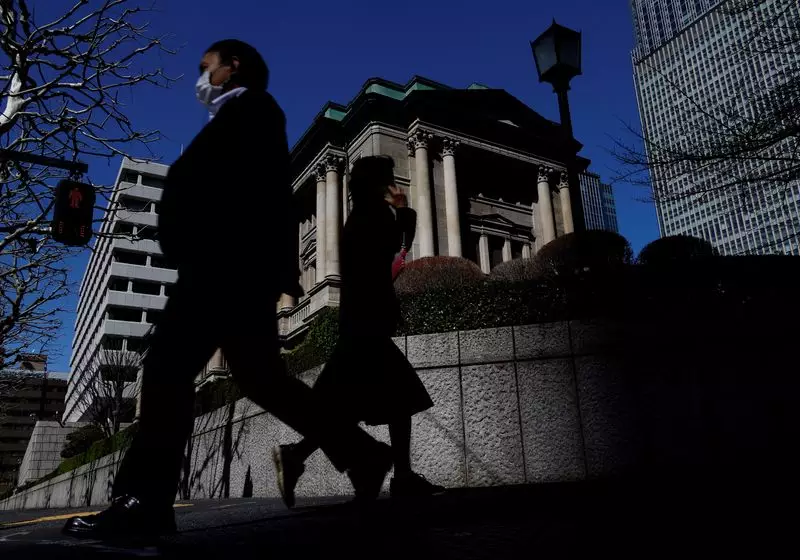In a world increasingly affected by climate change, central banks face the daunting challenge of ensuring economic stability while adapting to shifting environmental conditions. The recent comments from Governor Kazuo Ueda of the Bank of Japan (BOJ) bring to light the delicate balance between maintaining inflation targets and responding to the economic ramifications of a warming planet. Ueda’s statements at a conference in Basel underscore the BOJ’s commitment to its 2% inflation target despite potential long-term disruptions caused by climate change.
Ueda emphasized the BOJ’s intention to sustain its 2% inflation target, even if external factors related to climate change emerge as significant influencers of price dynamics. He remains cautiously optimistic yet acknowledges the unpredictability of inflation expectations in the context of climate-related economic shifts. Monitoring climate change’s impact on consumer behavior and expectations will be crucial as the BOJ navigates through this evolving landscape. Ueda’s caution reflects a deep understanding of how climate-induced factors can impact consumer sentiment and market behaviors.
As Japan prepares to adopt a carbon tax and other green transition initiatives, the BOJ recognizes that these policies may have immediate inflationary effects. Ueda noted that the government’s envelope of fiscal support, approximately 20 trillion yen, aims to incentivize companies venturing into sustainable technology. While these monetary avenues could introduce short-term inflationary pressures, the BOJ believes that the economy can absorb these fluctuations for a period, given that underlying inflation remains under the target threshold.
The Japanese government’s green transition strategy, which proposes significant fiscal investments, indicates a robust commitment to environmental sustainability. The gradual introduction of carbon pricing and an emissions trading system underscores the intention to integrate environmental costs into the financial fabric of the economy. Such measures reflect a paradigm shift towards sustainability, albeit with potential economic trade-offs, including higher prices for consumers in the short term.
The trajectory set forth by the BOJ and the Japanese government illustrates a proactive approach to recognizing and responding to the economic challenges posed by climate change. While maintaining an inflation target during periods of uncertainty is ambitious, it is crucial for the BOJ to continually evaluate and adapt its monetary policy to align with both economic realities and environmental necessities. Central banks globally, including the BOJ, must embrace a forward-looking view, considering the dual importance of economic stability and ecological sustainability in their strategic frameworks. As the intersection of climate change and economics becomes increasingly pronounced, coordination between fiscal and monetary policy will be essential to navigate the complexities of a changing world.

